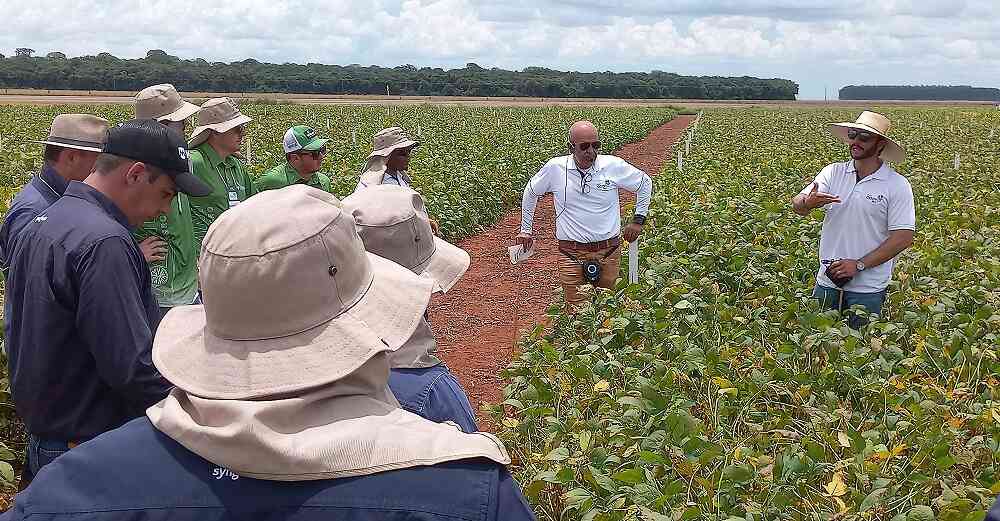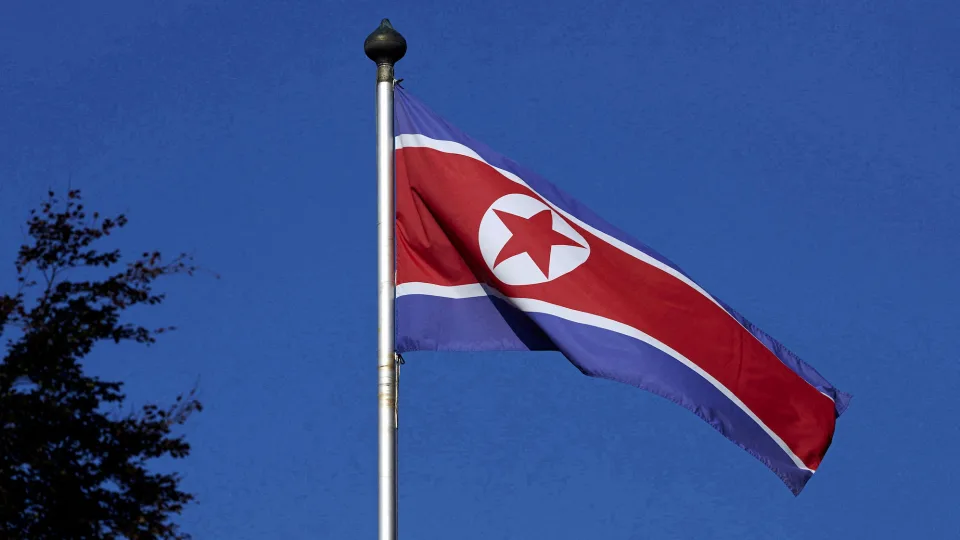National
“She’s my inspiration, and she’s with me every step of the way.”

By Meagan Flynn, Washington Post
Seven years after a gunman killed his daughter during a live TV news broadcast, longtime Virginia gun-control advocate Andy Parker has decided to run for Congress.
Parker announced Thursday that he will seek the Democratic nomination in Virginia’s 5th Congressional District to challenge one of the most conservative members of the House and an ardent gun-rights supporter, Rep. Bob Good, R-Va. – a tough race for a Democrat.
But Parker said that fighting gun violence, though still important to him, is not the focal point of his congressional campaign. Over the past few years, Parker has been battling YouTube and other social-media platforms as he looks to remove videos of his daughter Alison Parker’s violent death.
He said he hoped taking on Big Tech and amending Section 230 – a provision in the Communications Decency Act that has largely shielded social media platforms from accountability if content posted on their sites causes harm – would be an issue that could “transcend parties” and unite people across the political spectrum in the 5th District.
“My priority for running in this race is putting a stop to the abuse of social media,” he said in an interview Wednesday. “I don’t want people to go through the same thing I went through. I tried working this effort as a private citizen, and I think if I could do it as a member of Congress, even though I’d be one of 400-plus members, I’d have a better chance of getting something done.”
Alison Parker – a journalist with Roanoke’s WDBJ – and cameraman Adam Ward were shot and killed by an angry former station employee in August 2015, a tragedy that prompted Andy Parker to vow that he would make it his life’s work to “do whatever it takes to end gun violence.”
Following Alison’s killing, Parker became one of Virginia’s most outspoken activists urging the Virginia General Assembly to enact stricter gun-safety laws, sometimes acerbically targeting Republicans opposed to moving on gun legislation. Alison’s fiance, former delegate Chris Hurst, D-Roanoke, had also turned to political activism, running successfully on a gun-control platform for the House of Delegates, where he served two terms until being ousted in November.
Parker said he felt that he didn’t need to lead with his advocacy on gun safety as part of his congressional campaign because it’s essentially “baked in,” and voters could expect him to support legislation such as universal background checks in Congress. “People know that’s what I do,” he said. “I feel proud of my effort to help Virginia pass common-sense gun legislation.”
In the past few years, Parker had shifted his activism to targeting Google and Facebook, arguing the platforms do not do nearly enough to mitigate or prevent the spread of violent content or radical misinformation and conspiracy theories – such as those that targeted his daughter’s murder. He has filed multiple complaints against the tech giants with the Federal Trade Commission over videos of Alison’s murder remaining online, and has testified in a Senate hearing about the issue.
He said his congressional campaign was a continuation of seeking to “honor Alison’s legacy and her memory through action.”
“She’s my inspiration, and she’s with me every step of the way,” Parker said of his daughter.
This is not Parker’s first run for public office. He served as a Henry County board supervisor in the mid-2000s, before running unsuccessfully for the House of Delegates in 2007.
In the 5th District Democratic primary, Parker will face Lewis Combs, a former prosecutor and attorney based in Charlottesville who leads the Democratic field in fundraising; Joshua Throneburg, an ordained minister and owner of a cleaning service; and Warren McClellan, a farmer.
Good, the incumbent, will also face a primary challenge from Republican Dan Moy, the chairman of the Charlottesville GOP and a retired Air Force colonel, who also directed the regional veterans’ coalition of Virginia Gov. Glenn Youngkin, R, during his campaign. That could set up an unusual test of loyalties among GOP activists in the northern part of the 5th District during the May nominating convention; Good, with strong backing from the farther-right and religious-conservative factions of the GOP, had ousted Rep. Denver Riggleman, R, in a bitter 2020 convention.
Parker said he planned to go after Good for “promoting the big lie” – Good has said he believes the falsehood that fraud cost Trump the election, and objected to the election results in Congress on Jan. 6 – and for focusing on opposing mask mandates rather than “bread-and-butter issues” that Parker said he planned to emphasize, such as affordable education.
In a statement, Good touted his efforts “fighting for our nation’s principles and against Democrats’ radical leftist agenda,” including against pandemic mandates.
“I look forward to earning the support of 5th district voters to continue the fight against Democrat policies that are causing massive inflation, surging crime, supply and labor shortages, and more,” he said.
The race will undoubtedly be an uphill battle for the Democratic nominee in a recently redrawn district that President Donald Trump would have won by more than eight points in 2020. After redistricting, the 5th District, anchored in southside Virginia, became more compact and lost its far-north sliver, now reaching from Danville to Albemarle County and including a large swathe of central rural Virginia.
Note: This article have been indexed to our site. We do not claim legitimacy, ownership or copyright of any of the content above. To see the article at original source Click Here









![Industry is already reducing parts of its production due to high energy prices [premium] thumbnail](https://media.diepresse.com/images/uploads_500/8/8/5/6043781/BASF_Reuters_16335273587198.jpg)



